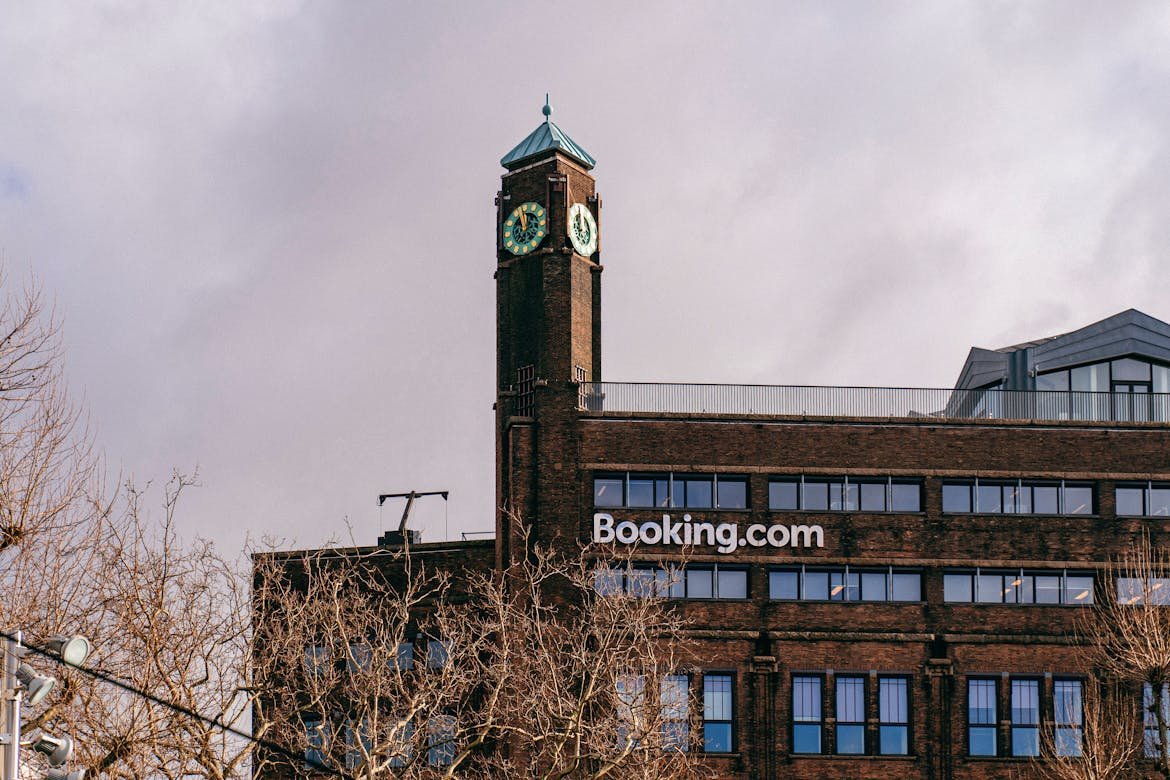
In a bold move that could reshape the online travel landscape, more than 4,000 hotels from 10 European countries have launched a class-action lawsuit against In a historic move, thousands of European hotels are suing Booking.com in the Netherlands over restrictive pricing policies and commission structures that have shaped the industry for years.. The lawsuit accuses the online travel giant of anti-competitive behaviour, including imposing price restrictions that allegedly harmed hotel revenues and limited consumer choice.
Spearheaded by the European Hotel Alliance and law firm Hausfeld, the legal action has been filed in the Netherlands, where Booking.com is headquartered. The case represents a growing pushback from the hospitality sector against dominant digital platforms and their control over pricing, visibility, and commissions.
Why Hotels Are Taking Action Now
At the heart of the lawsuit is Booking.com’s long-standing use of rate parity clauses, which have historically required hotels to offer the same or lower prices on Booking.com than on their own websites or other channels. Hoteliers argue that these clauses, coupled with high commission rates, have eroded their ability to compete fairly and undermined profitability.
According to the European Hotel Alliance, the financial impact of these practices has been substantial – especially for small and independent hotels that depend heavily on online visibility but struggle to absorb hefty fees and pricing constraints.
With the rise of direct booking campaigns and growing frustration over platform dominance, the lawsuit marks a pivotal moment in how hotels engage with digital distribution partners.
A Wider Movement for Fairer Online Travel Markets
The case is the largest of its kind in the European hospitality industry and reflects a broader demand for regulation and transparency in online travel bookings. Similar complaints have surfaced in other regions, including investigations by competition authorities in Germany, France, and Italy in past years.
This legal action could lead not only to significant financial compensation but also to potential reforms in how booking platforms operate. Industry groups are calling for more balanced partnerships, greater autonomy over pricing, and a fairer digital marketplace where hotels can thrive without disproportionate dependence on a few major platforms.
For travelers, the outcome could influence how room rates are displayed and whether more competitive pricing emerges across booking channels in the future.
Looking Ahead: What This Means for the Travel Industry
As the post-pandemic tourism rebound continues, the dynamics between hotels and booking platforms are under renewed scrutiny. While OTAs like Booking.com have played a critical role in global travel recovery, hotel operators are now demanding a more equitable framework that supports both innovation and fair competition.
If successful, this lawsuit could set a precedent for similar actions globally, encouraging more independent properties to push for control over their own pricing and customer relationships. For now, it sends a clear message: Europe’s hotel sector is no longer willing to accept the status quo.





